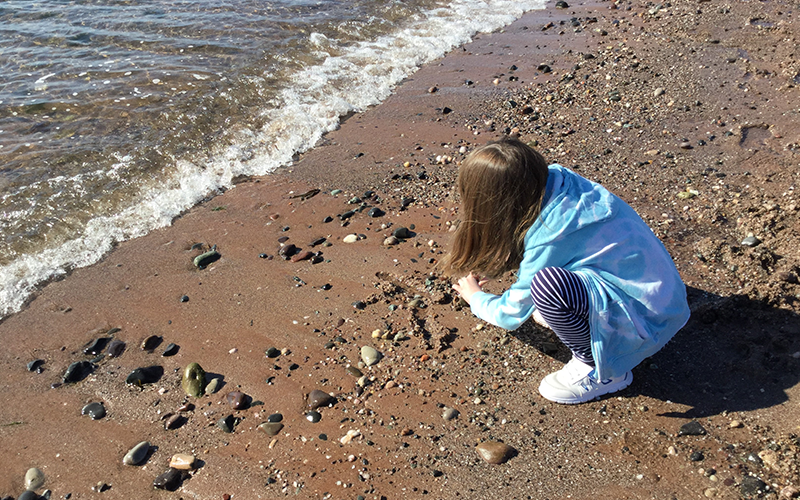‘She’s a loner’
‘Her play is solitary and repetitive, and she doesn’t interact with others.’
‘Socially isolated and withdrawn’
That’s just a few of the comments written by professions about my autistic daughter over the years.
There’s so much emphasis put on social development, peer interaction and developing friendships that my daughter is seen as different and wrong just because she enjoys her own company. Not only does she get judged, but I in turn get judged as a parent if I am seen to encourage her solitary play or allow her too much time alone.
When you are autistic, or you have an autistic child, playing alone is somehow seen as wrong. Would we say the same sort of comments to a child (or adult) who wasn’t diagnosed autistic? I sometimes wonder.
My daughter loves her own company but that doesn’t mean she’s a loner or has no friends.
The two are not exclusive. She happily spends time interacting and playing with her twin brother, she spends hours a week playing box and card games with immediate family and she has a few select friends at school too. But at weekends and evenings she is happiest reading alone, lining up her favourite toys or watching YouTube with her headphones on.
Being alone gives her time to process things.
It helps her restore order and calm in a world of chaos.
It gives her a sense of security and control.
It allows her privacy.
It brings her comfort.
It calms her senses which have been bombarded endlessly all day.
It slows things down for her.
It gives her freedom to be exactly who she is.
It frees her from demands.
It gives her space.
It encourages her creativity.
It brings her independence.
It fosters confidence.
It makes her happy.
Socialising and building relationships are important but pressurising a natural introvert to change personality is wrong, autistic or not. The world needs loud people, quiet people, those that work better as a team, those that can work efficiently independently, those who crave noise and those who prefer quiet, and those who have huge amounts of friends and those who just prefer their own company.
Giving autistic children and adults the tools to help them is supportive but when those same tools get used to pressure them to be someone they are not we create people who mask, become angry and bitter and we set them up to fail.
We shouldn’t fear those who like being on their own and we shouldn’t always be rushing to interact with them either. Playing alone doesn’t always mean you are lonely.
There is nothing wrong with enjoying your own company. For many autistics it’s the safest most accepting place to be.
